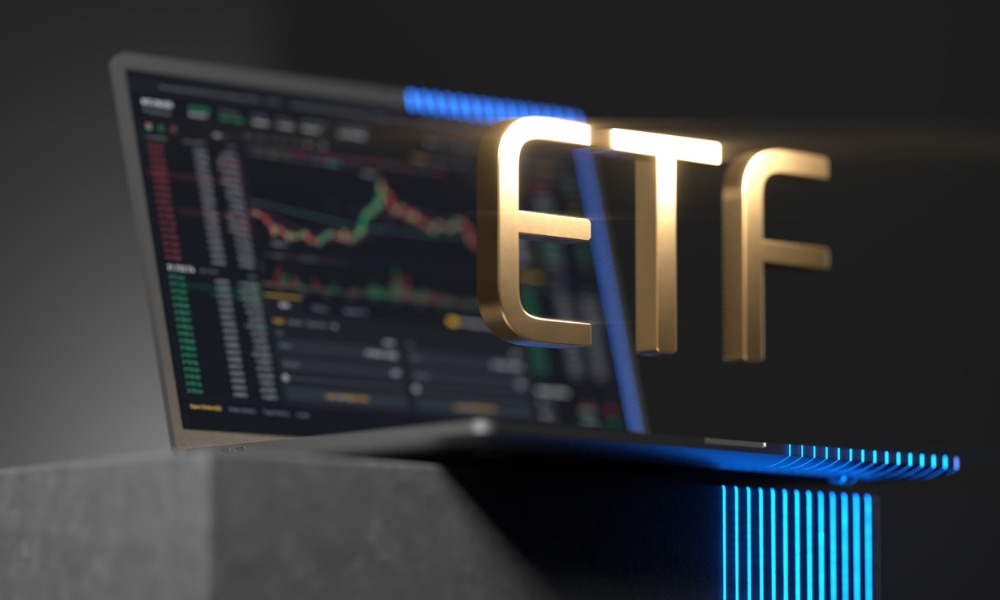Investor fervor growing around the space, but recent high-profile case demonstrates potential for risk

This year has brought with it a wave of special purpose acquisition companies (SPACs) emerging south of the border, and they have quickly established themselves as the preferred vehicle for private companies to enter public markets. But the features that make SPACs desirable for companies looking to go public may also create risks for investors.
“Ideally, a SPAC gives you a chance to invest in a good management team or a good entrepreneur,” said Alexander Osipovich, a reporter for the Wall Street Journal, in a recent video report. “But it is writing a blank check; you’re taking a risk. You don’t know if they’re going to do a good deal and have the stock go up, or do a bad deal and the stock will go down.”
As explained by Osipovich, the terms of SPAC deals offer private companies a more effective and less restrictive way to get listed. While volatile markets tend to derail traditional IPOs at the last minute as investors get jittery, there’s more certainty of a blank-check company merging with its target company and effectively letting it launch on a public stock exchange. What’s more, companies going through SPAC deals can promote themselves better and face less regulatory scrutiny than they would in an IPO.
This year, many of the companies going public through SPACs are seeing big valuations. The biggest SPAC deal ever was announced in September when United Wholesale Mortgage merged with blank-check company Gores Holdings, fetching a US$16-billion valuation.
In July, Bill Ackman of Pershing Square announced the largest SPAC ever, Tontine Holdings, which he has referred to as “our own version of a unicorn.” With a cash pile of US$4 billion, it has the capacity to take a massive private company public.
But some critics voice concerns that companies going public through SPAC aren’t subject to as much scrutiny as those using traditional IPO channels. In what’s shaping up to be a prime example, Nikola, an electric truck manufacturer that went public through a merger with SPAC VectoIQ in June, has in the past month been subject to fraud allegations.
The allegations were first levelled in a report by short-seller firm Hindenburg Research, which said the truck maker’s claims of having proprietary technology were exaggerated. The report also alleged Trevor Milton, Nikola’s founder, misled partners and hyperbolized the company’s progress on key technology, including on hydrogen-powered semi-trucks.
Since those allegations emerged, Nikola’s market cap has collapsed from its peak of US$30 billion to just over US$6 billion.
“The people who don’t like SPACs and prefer traditional IPOs would tell you that if [Nikola] had gone through a traditional IPO, there’d have been more time for investors to kick the tires and to scrutinize the company for fraud before it went public,” Osipovich said.
Federal regulators in the U.S. are also taking notice. After the rush of SPACs into American exchanges led to US$42 billion raised in blank-check firms, the Securities and Exchange Commission (SEC) said it wants to take a harder look at how SPACs disclose ownership, as well as how compensation is tied to an acquisition.
“We want to make sure that investors understand those things, and that at the time of the transaction, when they vote, they’re getting the same rigorous disclosure that you get in connection with bringing an IPO to market,” SEC Chair Jay Clayton said in an interview with CNBC.



